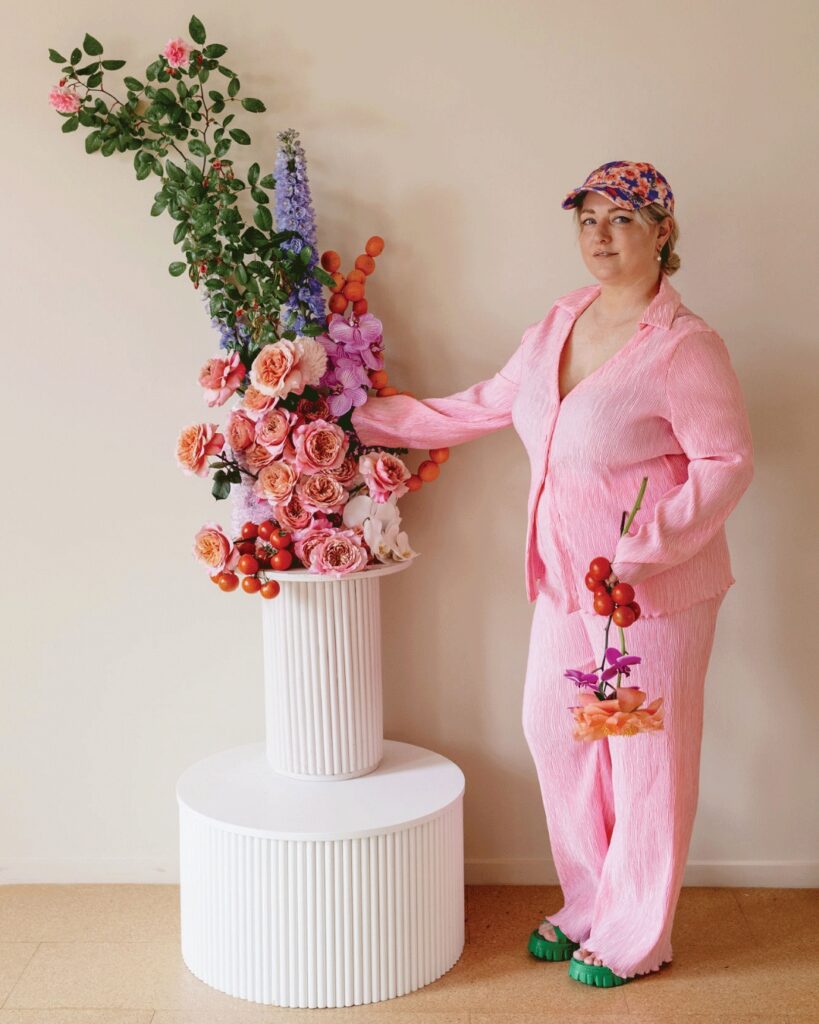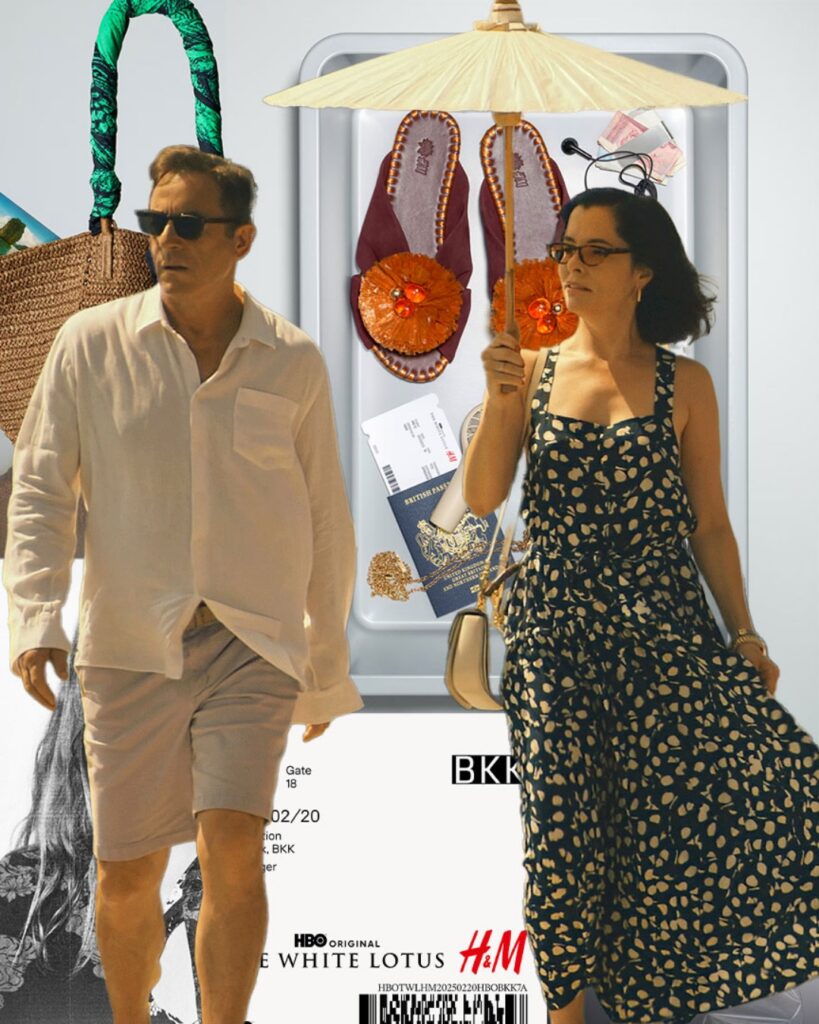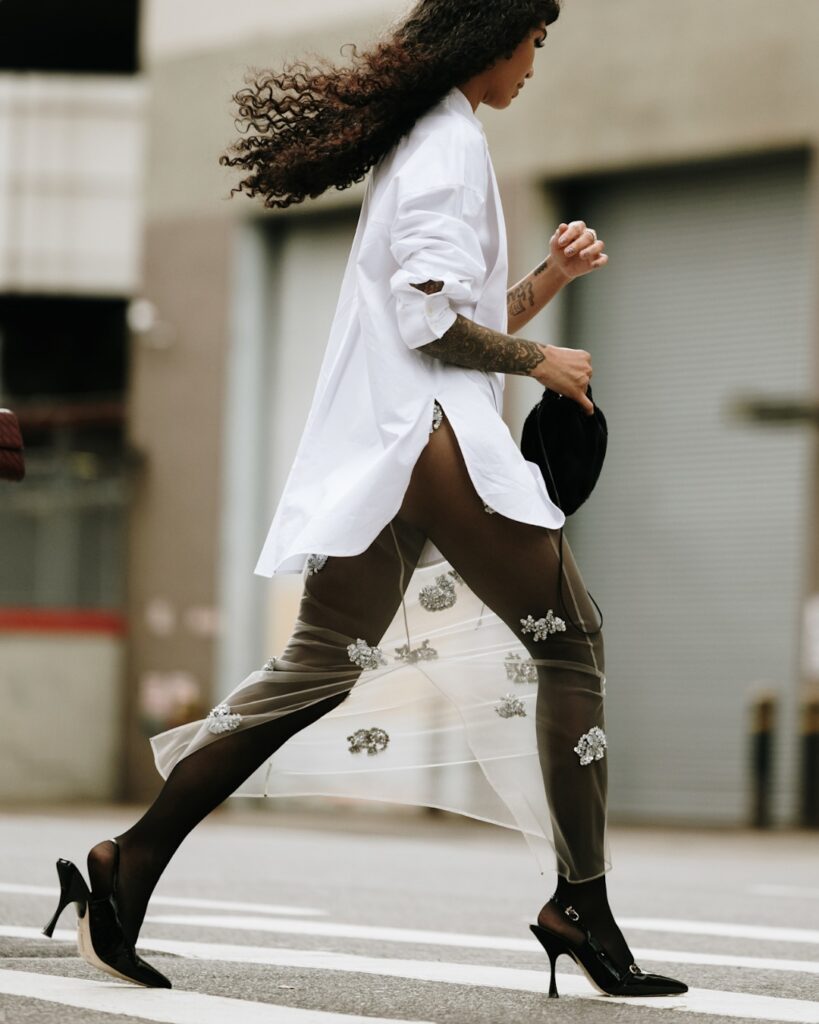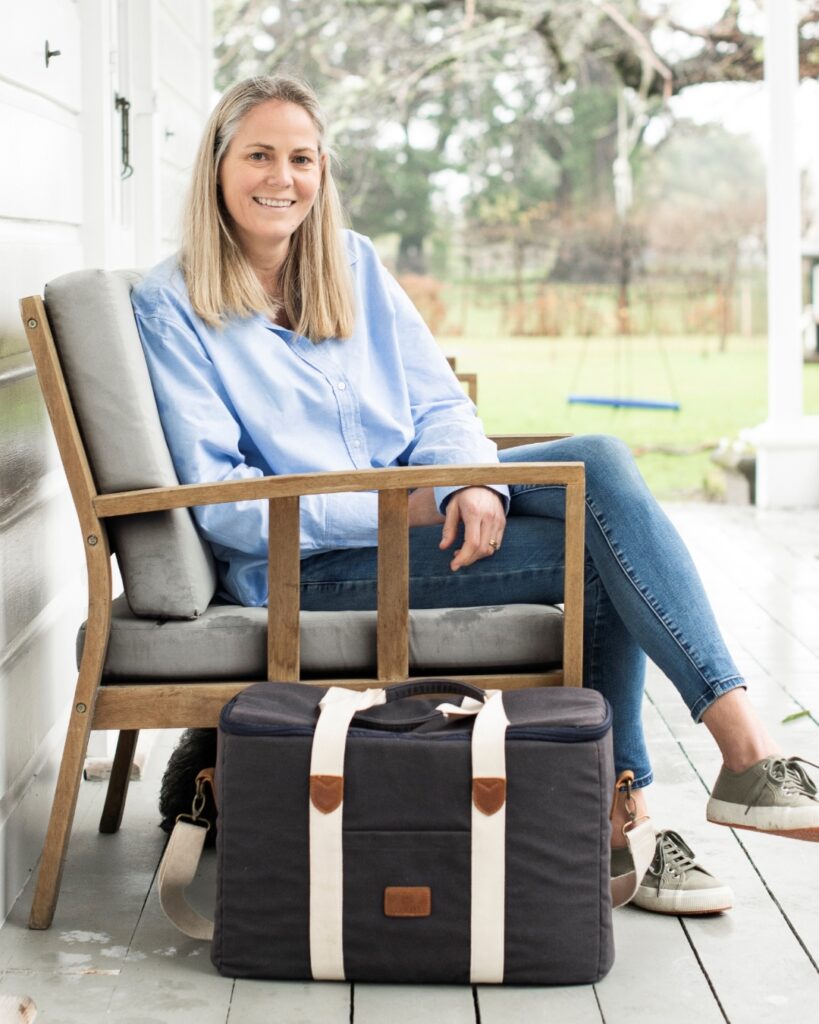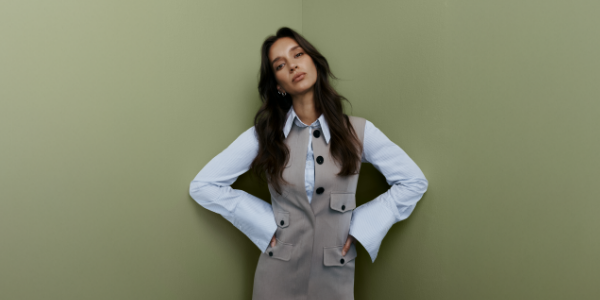
“It’s kind of been a running joke since I was a kid that one day I would be prime minister”
Says law school graduate, entrepreneur and 2016 Auckland mayoral candidate Chlöe Swarbrick. “But I actually never thought I’d end up in politics. I always thought you could achieve more outside of it, whether as a journalist or in some kind of business or NGO that acts as a check and balance on the powers that be.”
Be that as it may, in mid-2016, 22-year-old Chlöe entered the race for Auckland’s mayoralty. “I’m of the generation where we’ve all gone to university and come out with these massive student loans and few job opportunities,” she says, explaining her decision to run. “On top of that, we’re all trying to rent in a market that we can’t afford and we’re never going to be able to buy homes here, where the median house price just hit a million dollars. I thought: we’re not looking at a good future, and I can complain about this forever, or I can do something about it.”

We first met on the day voting opened – two weeks before election day. Polling better than projected, Chlöe was feeling more motivated than ever. “All of the problems Auckland is facing with its housing crisis, with public transport, with the brain drain… they personally affect me. So to win would be winning the ability to do something about these problems in a very hands-on way.” Albeit reluctantly, she countered her optimism with a dash of realism. “Falling short of winning, a win for me would be the best outcome for Auckland, which would be Aucklanders feeling that their collective voice was heard.”
Unhappy with the fact that two thirds of constituents didn’t vote in the previous local body election, a key aim of Chlöe’s was to engage the disengaged – including Auckland’s youth, but also its poorest and most disenfranchised. “They’re the ones who have the most to gain by voting but don’t trust the voting system and don’t trust politicians,” she explains. A crowd-sourcing approach to policy was all part of the strategy. “I just said, ‘Let’s open the floodgates.

You give me your thoughts on what you want from your council and your mayor.’” The thousands of submissions she received alerted her to the intelligence of the voting base. “People have really great ideas and they’re willing to actually discuss things,” she says. “But they aren’t being respected and that’s where we get this disconnect, because politics doesn’t respect people. We need to bring that back into it.”
Throughout the campaign, she received countless messages from people who had enrolled to vote “just for [her]”, and these were a huge source of encouragement. But there were frustrations, too, particularly around debates where she felt she wasn’t taken seriously.
“Afterwards people would come up to me and be like, ‘You were the most impressive by far, what are you going to do next time?’ And it’s like, what do you mean ‘next time’? I’m here now, I’ve shown you my capability and I’ve shown you my policy, I’ve been able to answer every question better than everybody else… next time I’ll be 25. Am I still going to be too young then? The time is now. Auckland is at this tipping point now. All of these problems that we’ve got are happening right now, I understand all of these problems, and I have some very strong policy to resolve them. And I love this city!”

Love wasn’t enough. On October 8th, campaign favourite Phil Goff took the mayoralty by a landslide. But with 26,474 votes, Chlöe gained an impressive third place, and she is now facing a bright political future. Despite telling media that she wasn’t interested in a career in central government, Chlöe announced in November – much to the delight of her following – that she is joining the Green Party. And if her first foray into politics was anything to go by, she’s up for whatever challenges this brings.
“The way that I see it, life is hard. And it would be hard no matter what you do, so why don’t you do the thing that fulfils you the most?” she says. “That, I suppose, is where I get my drive. I just don’t want to waste my time here.”


